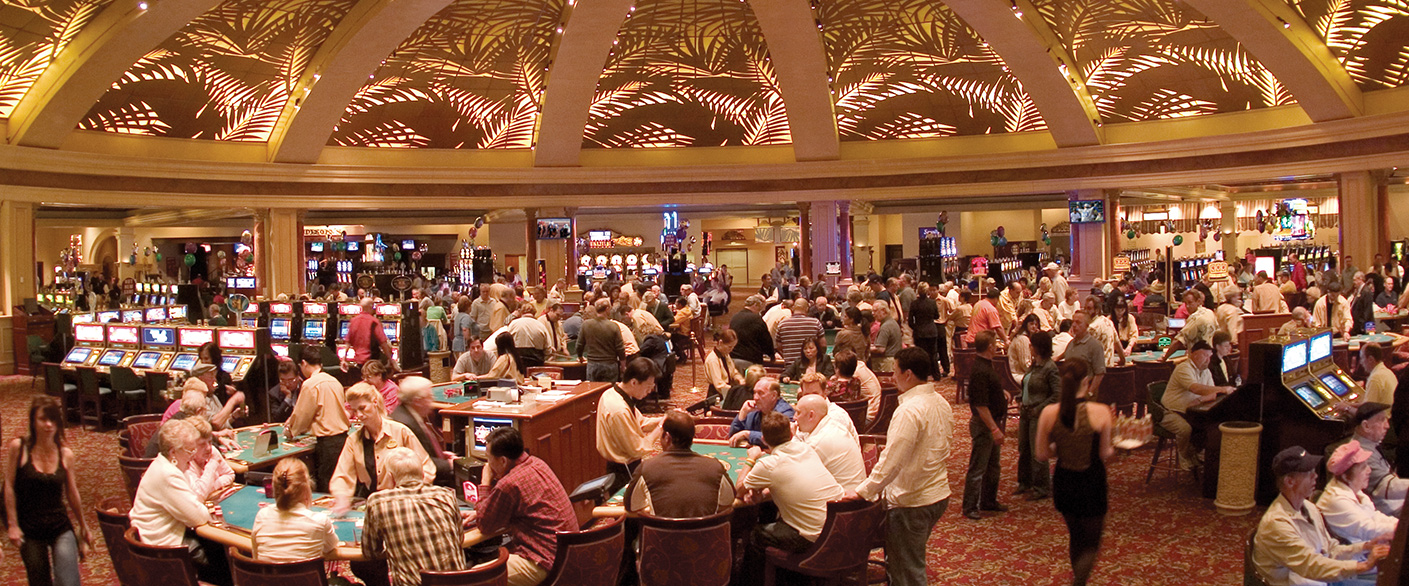
Gambling games have captivated for years a wide range of players, providing not only excitement through chance but also a distinct experience crafted for diverse types of players. Including strategic players who succeed through strategic thinking to the casual players in search of entertainment, casinos recognize the nuances of their audience and create games that meet these varied tastes.
In delving into the world of casino games, we find a variety of game types that appeal to players of all kinds. High-stakes poker tables entice competitive individuals, while vibrant slot machines appeal to players who seek instant gratification. Whether it be the allure of winning big or simply relishing the social atmosphere, casinos create their game offerings to ensure that everyone finds a spot that feels comfortable and engaging. Comprehending how these games are tailored to various player types can enhance not only our enjoyment of them but also how we approach selecting which games to play.
Comprehending Player Groups
In the multifaceted world of casino games, players can be grouped into separate kinds based on their incentives and likings. These participant kinds range from the casual and community-oriented gamers, who enjoy the fun value and social engagements that gambling provides, to the more analytical and analytical players, who seek to maximize their chances and profits. Grasping these different kinds is essential for casinos to customize their services and design immersive settings.
One common category is the communal player, who views casino games as a form of group interaction and fun rather than a high-stakes gambling pursuit. These participants often enjoy games that encourage engagement and camaraderie, such as group-based games. Their emphasis is on the journey rather than the outcome, so dynamic settings and shared moments are what they value the most.
On the other end of the spectrum, competitive players are driven by rivalry and the pursuit of ability. https://king88a.org/ They tend to be drawn toward games that require tactical planning and strategy, such as strategic card games, where their skills can determine the conclusion. This type often engages with the games on a deeper level, utilizing expertise and tactics to gain an edge. Understanding these motivations allows casinos to build atmospheres and game selections that cater to each gamer’s individual preferences.
Game Design Strategies
Casino games are designed with varied player types in mind, utilizing multiple strategies to attract and engage them. King88 For casual players, the focus is on simplicity and ease of understanding. Games like slot machines are frequently aesthetically pleasing with straightforward mechanics. This allows players to enjoy the gameplay without a steep learning curve, creating an inviting atmosphere. The vibrant hues, catchy sounds, and themes create a fun environment where players can quickly get immersed and entertained.
For strategic players who enjoy a more profound level of involvement, games such as Texas Hold’em and blackjack offer depth and skill-based elements. These games feature strategy and tactical choices, appealing to players who excel on challenge and want to utilize their cognitive abilities. The design of these games regularly includes complex rules and mechanics that test players to refine their skills and create strategies over time, resulting in a fulfilling experience for those who enjoy mastering the game.
Furthermore, community-oriented players are considered through games that highlight interaction and community. This comprises live dealer games and multiplayer formats, which foster a sense of camaraderie among players. The design of these games often includes communication tools and social elements, allowing players to connect and exchange insights. By building an environment where participation is encouraged, casinos can effectively engage community players, making the gaming adventure more enjoyable and memorable.
Improving Participant Satisfaction
Gambling games have progressed significantly to offer a significantly engaging atmosphere for participants. Game developers focus on stunning images, dynamic soundscapes, and novel gameplay features that pull players into the casino atmosphere. By employing tech, such as VR and enhanced reality, casinos ensure that gamers feel as if they are part of a dynamic experience, enhancing in addition to the fun of the titles but also the complete experience of being in a casino.
Social interaction is another key factor in boosting gamer engagement in gambling games. Several games are designed to promote engagement among gamers, whether through team play or social tools. This social aspect is attractive to participants who like communicating with other participants while competing, developing a community vibe community. Furthermore, social features can include ranking systems, competitions, and prizes for cooperative gaming, which engage ambitious participants and inspire them to return for more.
Finally, customization plays a pivotal role in adapting the engagement for various player types. Gaming establishments and title creators examine player behavior and tastes to present personalized gaming recommendations and benefits. By comprehending the unique tastes of players, casinos can provide tailored offers, bonuses, and new game releases that resonate with each individual, thus boosting their overall satisfaction and loyalty to the gaming venue.
